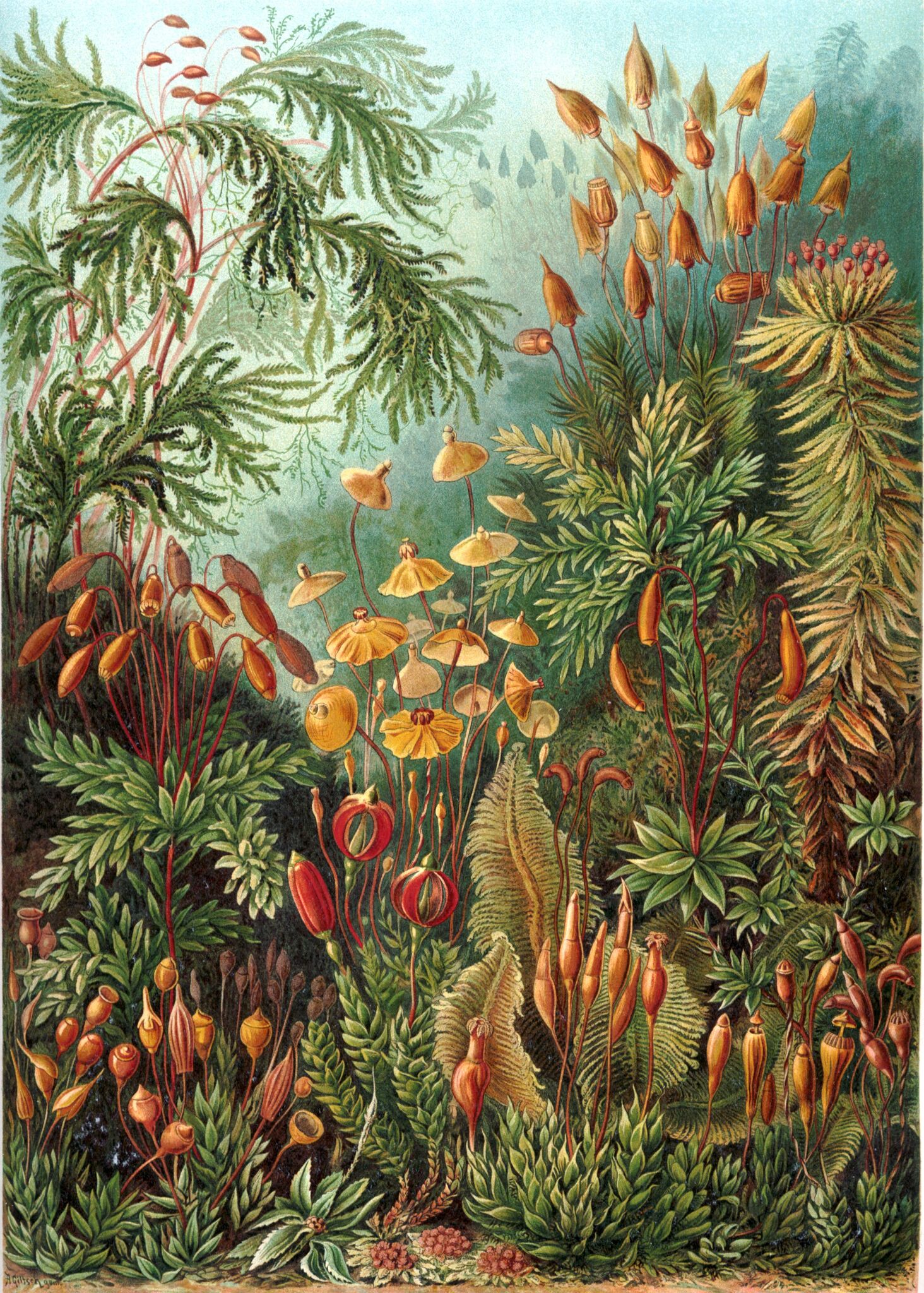The nineteenth century witnessed a transformation in how the relationship between the human and the non-human world was understood. In the sciences, a more contextual approach to studying the relationship between animals and plants saw the biologist Ernst Haeckel coin the term ‘ecology’ to refer to ‘the relationship of the organism to the surrounding exterior world’. Outside of the sciences, the social and environmental consequences of industrialization and urbanization were informing a growing cultural understanding of the dynamic relationship between human societies and the non-human world upon whose resources they relied. This issue of 19 focuses on the development of ecological ideas in Victorian culture and literature. Building on the recent turn to ecocritical methodologies within Victorian studies, it examines the Victorian roots of the Anthropocene, the proposed epoch in which human actions are seen to have shaped ecological and geological systems at a planetary level, and suggests the ways in which Victorian culture can help us both historicize and theorize our present planetary condition. Comprised of five scholarly articles and an interview with Claire Colebrook, a literary theorist who has turned to the philosophical implications of the Anthropocene in recent years, this issue brings to light the multifaceted and heterogeneous understanding of ecology in the Victorian period. It covers topics as diverse as climate change, animal welfare, queer ecology, labour conditions, and imperial expansion, and traces ecological ideas in canonical figures, such as John Ruskin and Thomas Hardy, and lesser studied writers, such as Edward Carpenter and Ada Cambridge, as well as in the broader material culture of autobiography, periodical fiction, and paintings. Cover image: ‘Muscinae’, in Ernst Haeckel, Kunstformen der Natur (Leipzig: Verlag des Bibliographischen Instituts, 1904), plate 72. Wikimedia Commons.
Articles
Introduction: Victorian Ecology and the Anthropocene
Wendy Parkins and Peter Adkins
2018-07-05 Issue 26 • 2018 • Victorian Ecology
Storm-Clouds on the Horizon: John Ruskin and the Emergence of Anthropogenic Climate Change
Jesse Oak Taylor
2018-07-05 Issue 26 • 2018 • Victorian Ecology
Edward Carpenter’s Queer Ecology of the Everyday
Wendy Parkins
2018-07-05 Issue 26 • 2018 • Victorian Ecology
Ecologies of Labour: The Anthropocene Body as a Body of Work
Vybarr Cregan-Reid
2018-07-05 Issue 26 • 2018 • Victorian Ecology
‘Raising high its thousand forked tongues’: Campfires, Bushfires, and Portable Domesticity in Nineteenth-Century Australia
Grace Moore
2018-07-05 Issue 26 • 2018 • Victorian Ecology
Seeing Animals on Egdon Heath: The Democratic Impulse of Thomas Hardy's The Return of the Native
Anna Feuerstein
2018-07-05 Issue 26 • 2018 • Victorian Ecology
Interview
Victorian Studies in the Anthropocene: An Interview with Claire Colebrook
Peter Adkins, Wendy Parkins and Claire Colebrook
2018-07-05 Issue 26 • 2018 • Victorian Ecology

